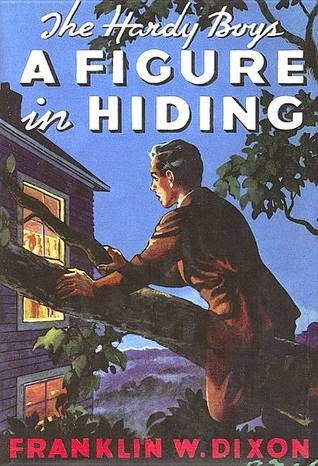Category Archives: New Orleans
Call Me Ishmael. Or Call Me Easy.
The Serial Killer
The Serial Killer
Urban Wandering
Parched For Readers
Area Code 504.1
Location, Location, Location
Morning, Noon and Night
Now We’re Cooking
I cook the Thanksgiving Dinner at casa de Hartlaub each year. It involves some basic planning, such as buying a frozen turkey on Sunday. It sits in the refrigerator and thaws and by Thursday it’s ready for the oven. The real planning comes Thursday. I start at 7:00 AM with the pies. The lasagna goes in the over at 9:00 AM and at 9:35 I begin preparing the turkey and its stuffing. The whole kit and caboodle goes in the oven at 10:00 and then I stuff the potatoes, sit back and mfive hours later and it’s time to bake the rolls and prepare the mixed vegetable dish. By 4:00 PM dinner is served.
It occurred to me this year — probably because I had a blog entry to write — that preparing Thanksgiving dinner is a lot like the act of writing. The first and foremost step is that I have to get up and start. Getting up whenever I happen to wake up and having a cup of coffee and taking 20 to 30 minutes to transition between into it is not going to do it done. Before I know it I’ve lost half of the day. I have to get up and start.
The second element is making a schedule and doing everything I can to stick to it. Sometimes things, like life, get away from me, like that fire in the kitchen. We still had dinner that Thanksgiving, however, even though the dog got part of one of the pies. Since there were all males in the house, however, we ate the rest of it without worrying about germs. So too, when I’m writing: sometimes the idea will get away from me and I’ll find myself far afield, being just as clever as can be but not with anything that helps the story. I drag myself back and get on target and on schedule. And the sooner that I do that the better off I am.
The third element is the possession of the proper tools to get the job done. I discovered at the last minute that I didn’t purchase one of those turkey broiling pans that I use every year (one dollar at uh, The Dollar Store) and had to go out and get it. I had everything else all lined up and ready to go. Writing, I use Word and Google docs, but when my computer crapped a sandcastle while I was in New Orleans in September I used Evernote on my T-Mobile MyTouch to take notes and write whole chapters. My fingers will never be the same, but I got it done.
The fourth step is sticking with an outline. My outline for dinner is laid out above in my first paragraph. I have a more difficult time outlining a novel, but I’m finding that things work out a lot better when I do; otherwise I dislocate my arm patting myself on the back for a great beginning and a strong ending. It’s hard to fill that vast expanse of white space in between the beginning and end when your arm is dislocated. I’ve started using Scrivener, and that helps. It’s almost as good as…well, as a reliable oven.
That aside: I hope that you had a great Thanksgiving. I’m thankful to have lived much longer than I really should have and to have the love I don’t really deserve from so many wonderful people. That would include, first and foremost, the family I prepare dinner for every Thanksgiving, and who are my most loyal readers. And it would include you for stopping by here regularly. Thank you, and God Bless.







